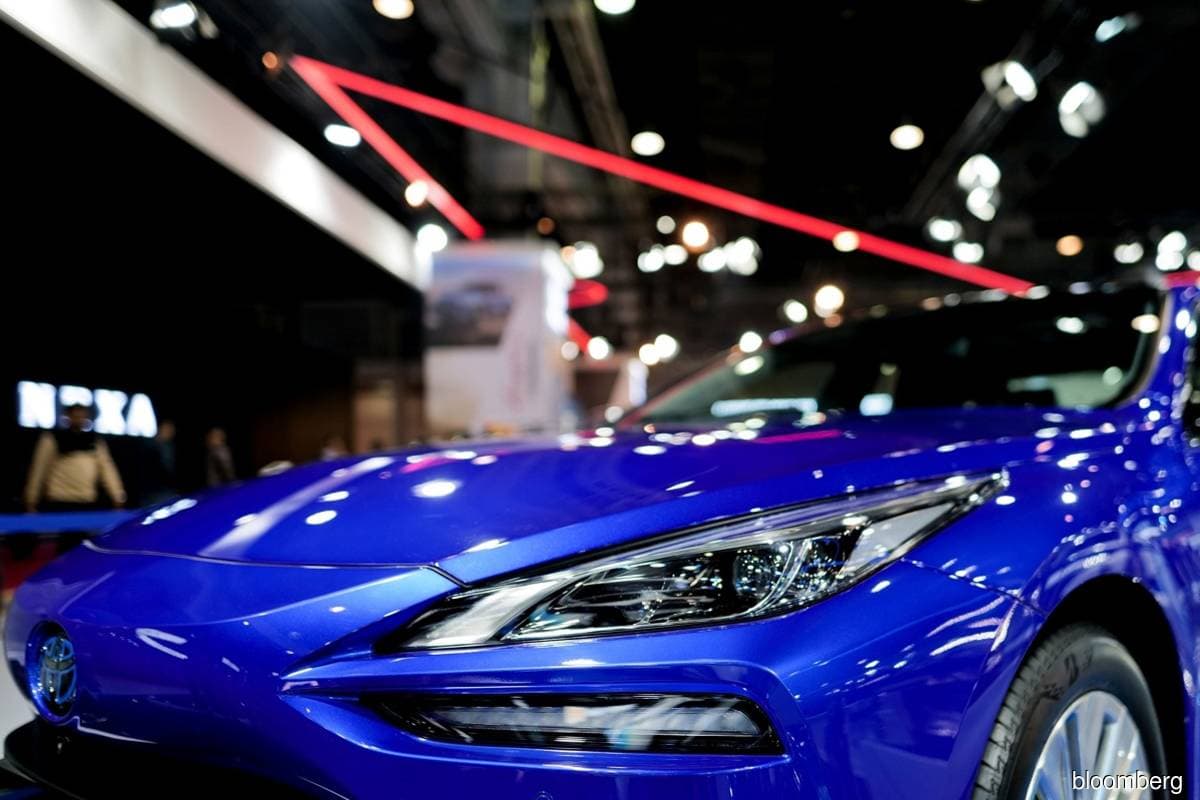
KUALA LUMPUR (March 2): The global electric vehicle (EV) market is reeling from one of the most dramatic collapses in monthly sales to date, with only 672,000 units sold in January, almost half of December 2022 sales and a mere 3% year-on-year increase over January 2022.
In a statement on Wednesday (March 1), Oslo-based Rystad Energy said the EV market share among all passenger car sales also tumbled to 14% in January, well down on the 23% seen in December.
The firm said EV sales have been on a relatively consistent upward trajectory in recent years — aside from periods impacted by Covid-19 pandemic-related supply chain issues — and a significant collapse in sales is worrying news for the industry.
Rystad said tax credits and government subsidies have propped up the EV market to date, as countries identify passenger car fleet electrification as a core tactic for meeting net-zero emissions goals, but the reduction or removal of these subsidies this year has dampened consumer sentiment.
It said automakers are now scrambling to reverse the downward spiral and salvage the market in 2023.
Rystad said the automotive market is usually cyclical, with sales taking a hit after new subsidy rules come into effect at the start of each year, followed by a gradual recovery.
However, it said the cuts in January this year hit harder than normal, triggering this dramatic collapse.
“The ramifications of this will be long-lasting and will impact sales through the first quarter of the year and potentially the rest of 2023.
“EV subsidies in many European countries and mainland China were sliced at the start of the year, and a return of any significance is highly unlikely in the immediate future,” it said.
Rystad said one ray of hope for the global outlook is the US market, which is just beginning its electrification journey and rolling out tax credits, thanks to the Inflation Reduction Act.
It said the US was the only major market that saw an increase in both EV sales and market share year-on-year, although its contribution to the global total is still relatively minimal.
Rystad Energy clean tech analyst Abhishek Murali said the sands are shifting for the global EV market.
“Consumer appetite for electric cars remains strong, but it’s clear that tax credits and subsidies still play a significant role in convincing consumers to make the switch.
“Carmakers may have no option but to respond with reduced prices,” said Murali.
